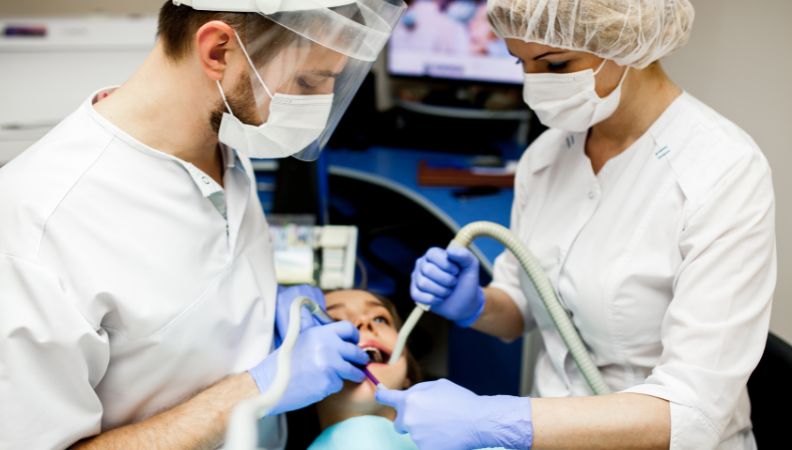Monday - Tuesday:9am - 6pm
Friday - Sunday:8am - 5pm
Sunday: Closed

Dental emergencies can happen at any time, and having access to an emergency dentist is crucial for quick pain relief and treatment. From sudden toothaches to knocked-out teeth, knowing where to turn can make all the difference. This guide will help you understand what to expect from an emergency dentist, how to identify a dental emergency, and what steps to take to protect your oral health. Let’s dive into the essential information you need to handle a dental emergency with confidence.
Unexpected dental pain or injury can leave you wondering if you need immediate care or if you can wait for a regular appointment.
In this section, we’ll cover:
Paragraphs: Describe different situations, provide examples of common emergencies, and explain when to seek emergency dental care. Discuss the risks of delaying treatment and the importance of acting quickly.
Services like 24/7 dental hotlines or emergency dental care locators make it easier to find immediate assistance.
Many online platforms list emergency dentists in your area. You can filter results based on availability, location, and patient reviews.
In a pinch, asking friends or family for recommendations can be an effective way to find reliable emergency dental care nearby.
When visiting an emergency dentist, you can expect an assessment, diagnostic imaging, and targeted treatment based on the severity of the issue.
Key steps include:
Emergency dental costs can vary widely depending on the type of treatment needed and whether you have dental insurance.
Below are factors that impact the cost:
Taking quick steps before seeing an emergency dentist can help prevent further injury and ease your pain.
Here are some actions to consider:
A dental emergency includes severe tooth pain, bleeding, broken teeth, or infection. If the issue causes unbearable pain or involves lost or damaged teeth, seek immediate care.
Yes, many clinics offer flexible payment options or payment plans for uninsured patients.
Costs vary based on treatment, but it can range from $100 for basic exams to $1,000+ for complex procedures like root canals.
Calmly assess the situation, apply a cold compress if there's swelling, and contact an emergency dentist immediately.
Use over-the-counter pain relievers like acetaminophen, but avoid aspirin as it can increase bleeding.
Copyright 2025 Mediax. All Rights Reserved.